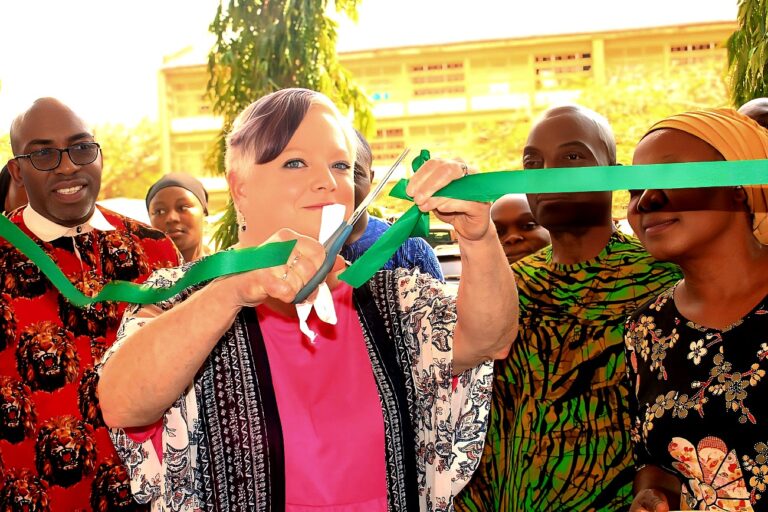Three College of Arts & Letters faculty members recently worked together on editing a special issue of English Education journal that focuses on teaching in the wake of racial violence.
Published earlier this month and titled From Racial Violence to Racial Justice: Praxis and Implications for English (Teacher) Education, the faculty members who guest-edited the special issue include:
- April Baker-Bell, Assistant Professor of Language and Literacy in the Department of Writing, Rhetoric, and American Cultures and affiliated faculty in the English Education and African American and African Studies programs
- Tamara Butler, Assistant Professor of English Education in the Department of English and the African American and African Studies Program
- Lamar Johnson, Assistant Professor of English Education in the Department of English

“This special issue is our efforts to verbalize how violence impacts us — within and beyond the classroom — and verbalize how we are constantly seeking ways to claim to our humanity everyday,” Butler said. “The issue is timely because it demonstrates how educators and scholars find solace and healing in writing.”
Baker-Bell, Butler, and Johnson wrote the publication’s editorial, The Pain and the Wounds: A Call for Critical Race English Education in the Wake of Racial Violence, which calls for centering race and racism in English Language Arts (ELA) classrooms. More specifically, it questions what should be the responsibility of all English (teacher) educators and ELA teachers in the wake of terror, death, and racial violence. The editorial addresses this question by building upon Johnson’s notion of Critical Race English Education (CREE), which suggests that teachers and students must “unlearn and engage in transformative conversations about anti-blackness, anti-brownness, homophobia, and other forms of xenophobia.”
The issue is timely because it demonstrates how educators and scholars find solace and healing in writing.
Tamara Butler
The special issue also includes an article written by Butler, titled #Say[ing]HerName as Critical Demand: English Education in the Age of Erasure, that focuses on the importance of teaching Black women’s autobiographical texts in English Language Arts and English education classrooms. Butler argues that as students and future teachers critically engage the writings of Black women, they become more aware of the current work that Black women are doing to save their own lives and the lives of others.
In addition, the issue contains an article that Baker-Bell co-wrote with Raven Jones Stanbrough, Assistant Professor in the Department of Teacher Education at Michigan State University, and Sakeena Everett, Director of Research and Outreach of the Black Male Literacy Impact Project in the College of Education at the University of Illinois, Chicago. In the article, titled The Stories They Tell: Mainstream Media, Pedagogies of Healing, and Critical Media Literacy, the authors examine how media reinforces white supremacy and anti-blackness, and they offer pedagogies of healing and critical media literacy as tools to encourage youth of color to investigate, dismantle, and rewrite the damaging narratives that mainstream media constructs of them.
Also included in the special issue are the following two articles:
- Imagining a Language of Solidarity for Black and Latinx Youth in English Language Arts Classrooms written by Danny Martinex, Assistant Professor at the University of California
- Provocateur Piece: Difficult Knowledge: When a Black Feminist Educator Was Too Afraid to #SayHerName writtenby Bettina Love, award-winning author and Associate Professor of Educational Theory and Practice at the University of Georgia
The English Education journal is published by the National Council of Teachers of English (NCTE). The full text of the special issue, From Racial Violence to Racial Justice: Praxis and Implications for English (Teacher) Education, can be found on the NCTE website.


